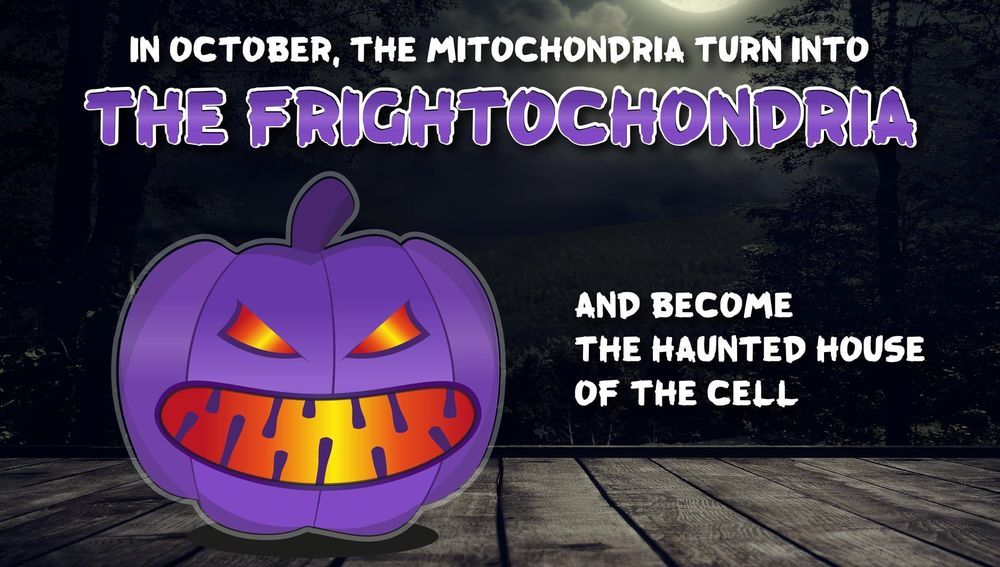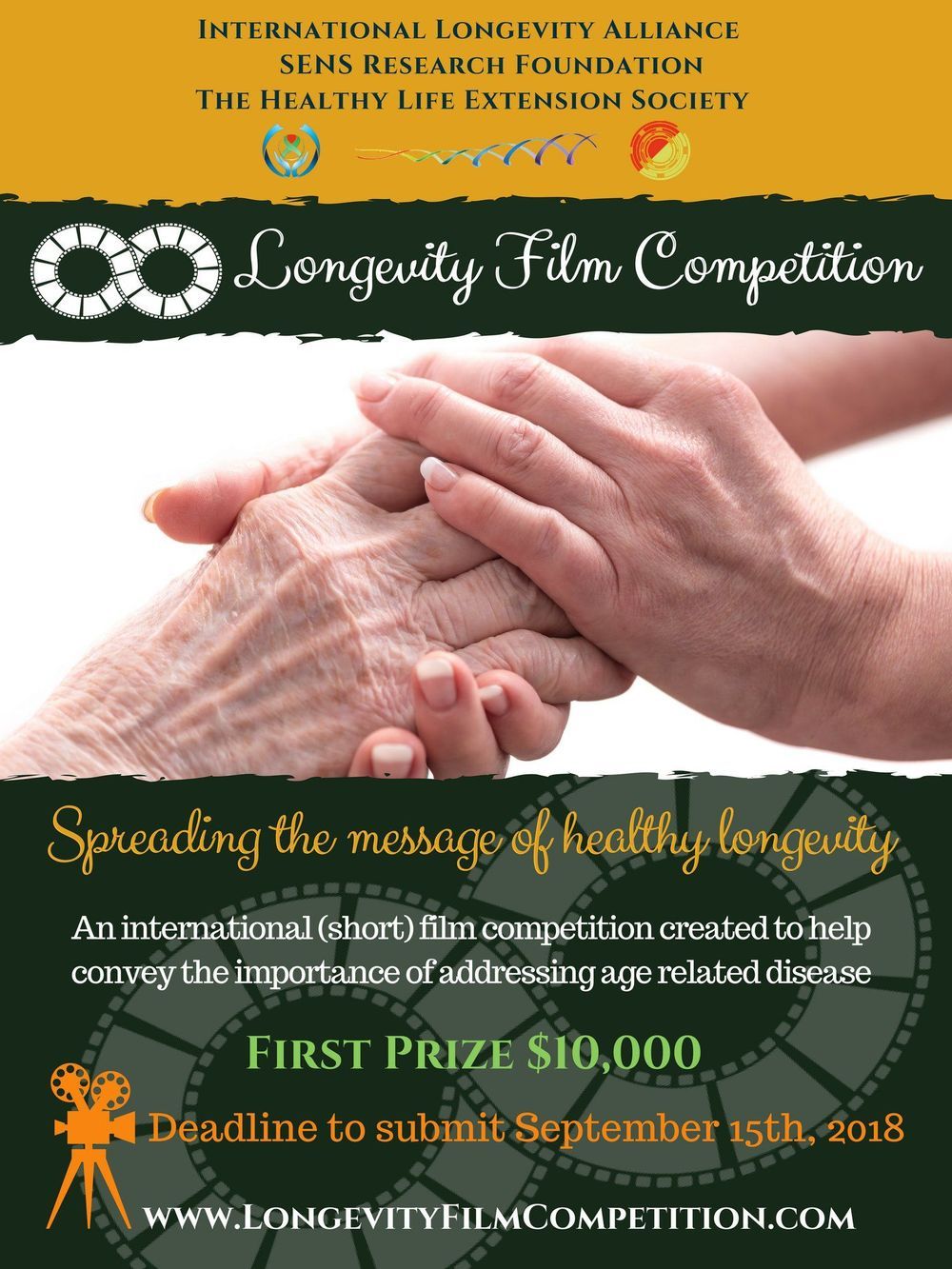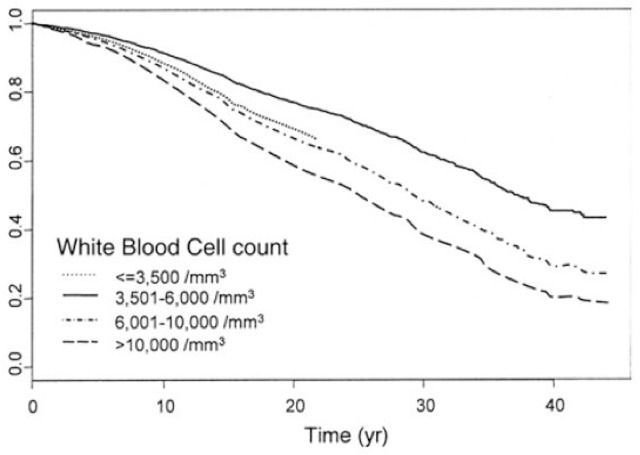Individuals of the same age may not age at the same rate. Quantitative biomarkers of aging are valuable tools to measure physiological age, assess the extent of ‘healthy aging’, and potentially predict health span and life span for an individual. Given the complex nature of the aging process, the biomarkers of aging are multilayered and multifaceted. Here, we review the phenotypic and molecular biomarkers of aging. Identifying and using biomarkers of aging to improve human health, prevent age-associated diseases, and extend healthy life span are now facilitated by the fast-growing capacity of multilevel cross-sectional and longitudinal data acquisition, storage, and analysis, particularly for data related to general human populations. Combined with artificial intelligence and machine learning techniques, reliable panels of biomarkers of aging will have tremendous potential to improve human health in aging societies.
Keywords: physiological age, phenotypic, molecular, age-associated diseases, aging process.
Aging is the time-dependent physiological functional decline that affects most living organisms, which is underpinned by alterations within molecular pathways, and is also the most profound risk factor for many non-communicable diseases. To identify biomarkers of aging would, on one hand, facilitate differentiation of people who are of the same chronological age yet have variant aging rates. Quantitative biomarkers of aging could also define a panel of measurements for ‘healthy aging’ and, even further, predict life span. On the other hand, biomarkers of aging could also assist researchers to narrow their research scope to a specific biological facet in their attempts to explain the biological process behind aging or aging-related diseases. Here, we review the phenotypic and molecular biomarkers of aging. Phenotypic biomarkers can be non-invasive, panoramic, and easy to obtain, whereas molecular biomarkers can reflect some of the molecular mechanisms underlying age status.







